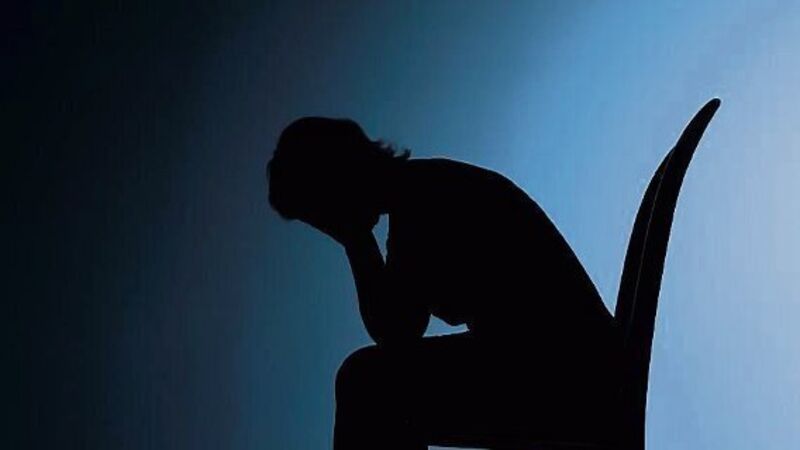Stigma of mental illness unfair and crude

Some 20% of people are unsure they would want to live next door to someone who previously had a mental health problem, and 15% are not sure if people with mental health issues should have children.
In September, a young man with a history of mental health difficulties killed his two younger brothers, while a violent death occurred on the grounds of a psychiatric hospital.
















